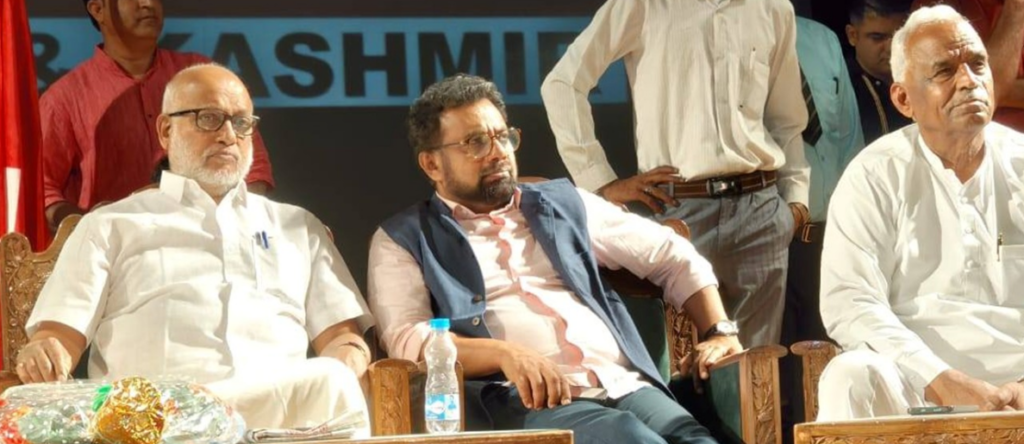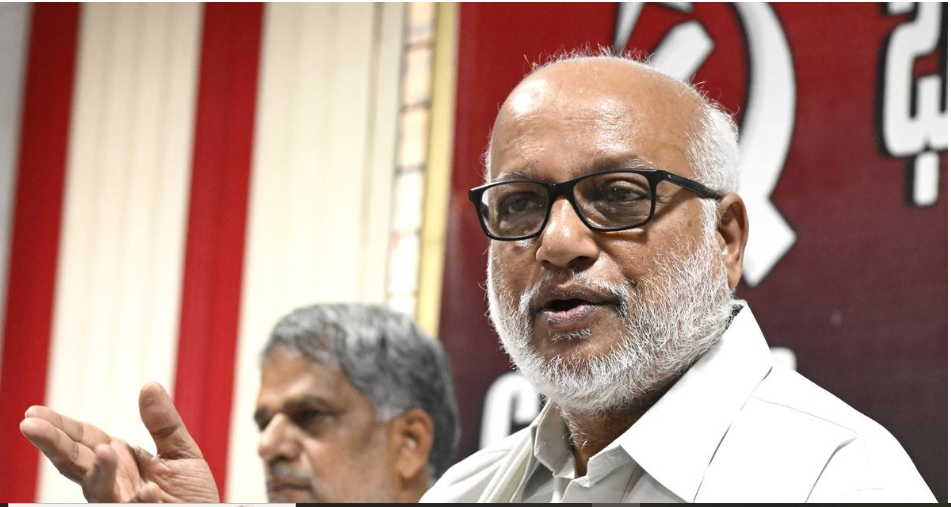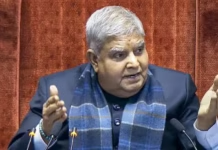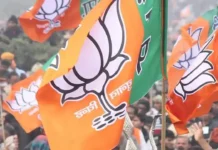
Senior Communist Party of India (Marxist) leader M A Baby has made a strong statement demanding the restoration of Article 370 and the return of full statehood to Jammu & Kashmir. According to the veteran politician, these actions are necessary to rebuild the trust of the people and reaffirm India’s democratic and constitutional values. His comments have sparked renewed attention on the status of Jammu & Kashmir, particularly after the controversial revocation of Article 370 in 2019.
Article 370 of the Indian Constitution once granted special autonomy to Jammu & Kashmir. This meant the region had its own constitution, laws, and control over internal matters like land and employment. Only defense, foreign affairs, and communications were under the control of the Indian government. However, in August 2019, the Central Government led by the BJP scrapped this article, thereby removing the special privileges granted to Jammu & Kashmir. Along with this, the region was split into two Union Territories—Jammu & Kashmir and Ladakh—thus taking away its statehood.
M A Baby’s Critical Stand
In a recent political address, M A Baby firmly opposed the move to revoke Article 370, calling it an undemocratic and unilateral decision made without involving the people or the elected representatives of Jammu & Kashmir. He stated that restoring the article and granting full statehood would be a vital step toward healing the disconnect that many in the region feel. According to him, autonomy and dignity are essential to give the people of Jammu & Kashmir a sense of belonging and empowerment. “The people should feel that their identity is protected and that their voices are heard in the national dialogue,” he emphasized.
Why Full Statehood Is Crucial
After losing statehood, Jammu & Kashmir no longer has the legislative power that a full state enjoys. The region is currently governed as a Union Territory, which means that many key decisions are made by bureaucrats appointed from Delhi, rather than by local leaders. M A Baby explained that this shift has led to a sense of alienation and political disempowerment among the people. He stressed that the only way to restore democratic governance and federal balance is by reinstating statehood and allowing people to choose their own government through free and fair elections.
Voice of the People and Growing Support
The demand for restoring Article 370 and full statehood is not limited to CPI(M) alone. Many regional parties, especially from Kashmir Valley, such as the National Conference, People’s Democratic Party (PDP), and the People’s Alliance for Gupkar Declaration, have been consistently advocating for the same. Locals in the region, particularly youth and civil society groups, continue to express their discontent with the current governance model. M A Baby’s remarks align with the sentiments of many who believe that the soul of democracy lies in decentralization, not central control.
A Divided National Political Debate
M A Baby’s statements add to a larger national debate. Several opposition parties, including the Congress, DMK, TMC, and RJD, have raised concerns over the manner in which Article 370 was abrogated. Many believe that the government bypassed proper parliamentary discussion and failed to involve local stakeholders, making the decision legally and morally questionable. These parties have accused the ruling BJP of attempting to centralize power and dilute India’s federal structure. By speaking out, M A Baby has once again underlined the CPI(M)’s commitment to democracy, justice, and regional autonomy.
Human Rights and Civil Freedoms in J&K
Since the removal of Article 370, Jammu & Kashmir has witnessed several restrictions on civil liberties, including frequent internet shutdowns, delays in elections, and detention of political leaders. M A Baby highlighted how these actions are harming India’s global image as a democracy. He stated that normalcy in the region cannot return until political rights, freedom of speech, and media independence are fully restored. The situation, he said, has become a matter of human rights and not just a political issue.
Constitutional Responsibility and Legal Concerns
The legal basis for the abrogation of Article 370 remains a topic of heated discussion. Originally meant to be temporary, Article 370 could only be removed with the approval of the J&K Constituent Assembly, which was dissolved in 1957. Many legal experts argue that the 2019 decision lacked constitutional backing. M A Baby supported this view, emphasizing that the current situation undermines constitutional norms and weakens public trust in democratic processes.
M A Baby: Voice of Integrity and Democracy
Known for his clean image and progressive ideology, M A Baby has served in multiple leadership roles and is a respected voice within Indian politics. His background in education, policy-making, and grassroots activism makes his remarks on Kashmir especially important. By speaking up for the rights of the people of J&K, he continues to reflect the core values of CPI(M)—people-first governance, equity, and decentralization of power.
The Road Ahead
According to M A Baby, the way forward includes a multi-step approach. First, the government should immediately restore Article 370 to respect the unique identity of Jammu & Kashmir. Second, full statehood must be granted, enabling the people to exercise their democratic rights. He also called for the release of detained leaders, uninterrupted civil liberties, and an open dialogue with local stakeholders. These steps, he believes, will help integrate Jammu & Kashmir more meaningfully into the Indian Union while respecting its distinct history and culture.
The call to bring back Article 370 and full statehood is becoming louder and more united. With respected leaders like M A Baby voicing their concerns, the central government is under increasing pressure to reconsider its approach. As India stands as the world’s largest democracy, it must lead by example—by listening to its people, especially those in regions with a troubled history. Restoring dignity, identity, and democratic rights to the people of Jammu & Kashmir is not just good governance—it is a moral and constitutional duty.


































